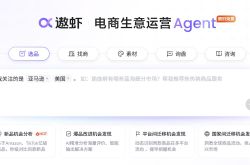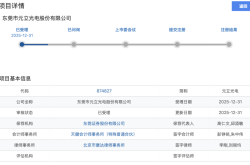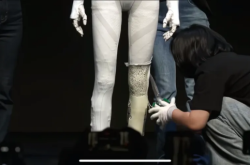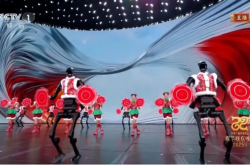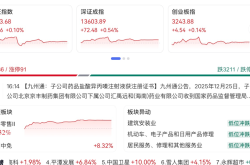Who complains about the intense competition every day will be the first to leave the table.
![]() 06/21 2024
06/21 2024
![]() 539
539
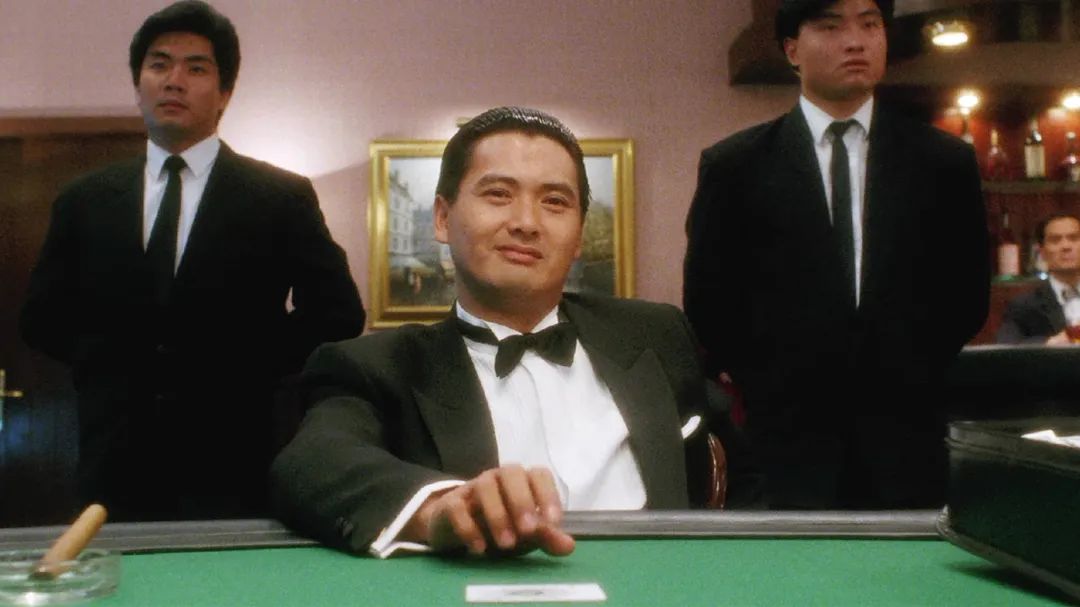
Introduction
Introduction
The Chinese automotive market will not show any mercy to the weak.
Author: Cui Liwen
Editor in Charge: Du Yuxin
Editor: He Zengrong
"Too tired, really too tired."
"How long have you not had a break?"
"It's almost been a month of continuous work."
"Same goes for me."
How intense the competition is in the Chinese automotive market right now, perhaps only those who are experiencing it firsthand truly understand. The opening dialogue of this article comes from a conversation I had with a friend from a major automaker.
If the past year of 2023 allowed the industry to have some adjustment opportunities amidst competition, then the ongoing year of 2024 is filled with relentless clashes that make one feel incredibly suffocated, leaving little room for mistakes.
Based on this background, recently, in many public occasions, one can find automotive industry leaders or media professionals standing from various perspectives, repeatedly complaining about the deteriorating situation and urging against excessive competition.
But honestly, does it work?
Personally speaking, the answer is no. Especially as the wave of electrification intensifies, the old order is overturned, and new rules are being reshaped. The Chinese automotive market will inevitably continue to be fiercely competitive, and it will be an even more intense "extreme competition" until the market landscape is fully established.
In this process, complaining every day serves no purpose and may even, as the title suggests, make one the first to leave the table. Those automakers that truly want to make a difference and stay in the final deciding round should first learn to "shut up" and speak with concrete actions.
The content that follows will focus on both joint-venture brands and independent brands, discussing my two main findings and thoughts based on "excessive competition".
Good products are the foundation
It's not fabricated. When the mockery of "in the past, you couldn't afford to buy BBA, now you can only afford BBA if you're broke" rings in one's ears, when Volkswagen has to lower its proud head to maintain respectable sales, when Toyota's new generation Camry Hybrid is priced starting at 149,800 yuan shortly after its release, and when you can buy a Land Rover Discovery Sport for 200,000 yuan...

One has to admit that the Chinese automotive market has changed, and joint-venture brands are collapsing.
Following this, one cannot help but recall a repeatedly mentioned judgment: "In this wave of fierce competition, the French brands that are not well-suited to the local market will be the first to be in jeopardy, followed by Korean and American brands that adhere to the cost-performance route. Then, Japanese brands that focus on economy and low consumption will encounter big troubles. German brands, due to the existence of BBA and Volkswagen, have the thickest "bloodline" but are still far from their former glory."
Looking at the market data up to May, the total share of joint-venture brands in the Chinese automotive market has shrunk to only around 45%, and there is a continued downward trend.
So, why can't they compete anymore?
Actually, the reason is not difficult to understand. In the era of traditional fuel vehicles, joint-venture brands held absolute discourse power and pricing power, earning profits comfortably. The so-called offensive


